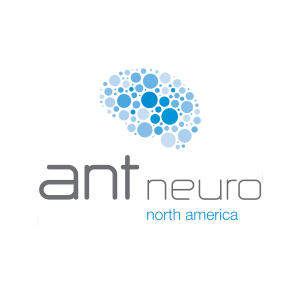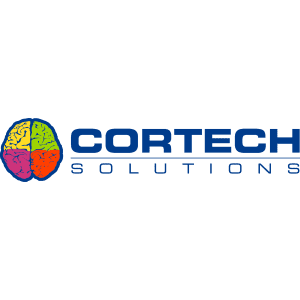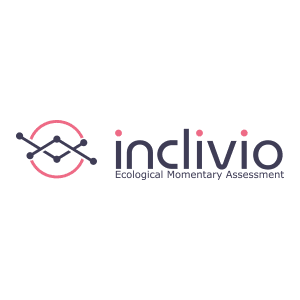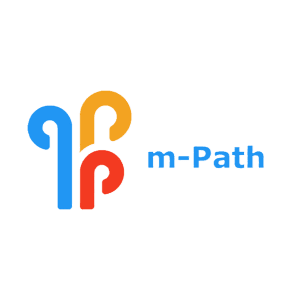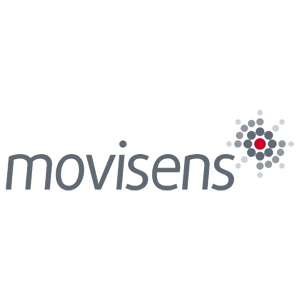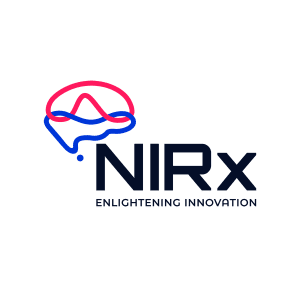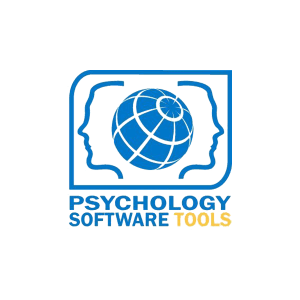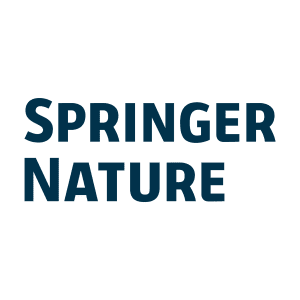Speakers
Thursday, March 12
5:00-6:15PM
Feel-better tech: Developing AI tools to support mental health
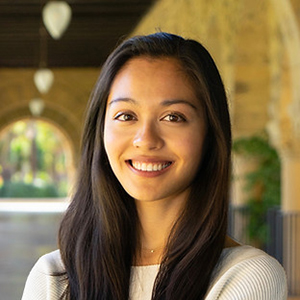
Julie Cachia
Flourish Science
Building AI for Human Flourishing: Design, Evidence, and Future Directions
How can generative AI be designed to support human flourishing? In this presentation, I argue that psychological theory and evidence-based interventions should form the foundation of AI for well-being, with AI serving as a tool for personalization and delivery.
To examine this approach in practice, I will present findings from a series of multi-institutional randomized controlled trials evaluating an AI-based well-being intervention (the Flourish app). Across studies, individuals who received access to the app reported reliable improvements in positive affect (especially low-arousal positive states, such as calm), belonging, loneliness, resilience, and flourishing, among other outcomes, compared to waitlist and active control conditions.
Beyond these findings, I reflect on what it takes to turn psychological ideas into real products used at scale. In practice, what gets measured tends to drive design decisions, and across much of the industry, engagement is often the easiest metric to track. Yet optimizing for engagement alone can shape products in ways that are not always aligned with user well-being. Our experience suggests that alternative choices are possible—starting with being explicit about what we are trying to support, and committing to measuring those outcomes.
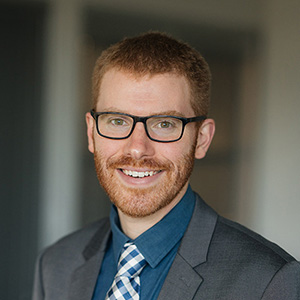
Nick Jacobson
Dartmouth University
Therabot: 6.5 Years Building and Testing the First Generative AI Psychotherapy Chatbot
Mental health disorders affect roughly 1 in 3 people annually, yet most never receive adequate care. Digital therapeutics promised to bridge this gap, but most suffer from a familiar problem: users abandon them within days. Our lab started working on generative AI for psychotherapy in 2019, years before ChatGPT existed. The path was anything but straightforward. Training on peer support forums produced a chatbot that mimicked and amplified psychopathology. Training on psychotherapy transcripts yielded responses like “Mhmmm” and unfounded interpretations. We then spent over 100,000 human hours from members of the research team building our own training corpus from scratch, with clinical experts developing and peer-reviewing reviewing every dialogue we wrote.
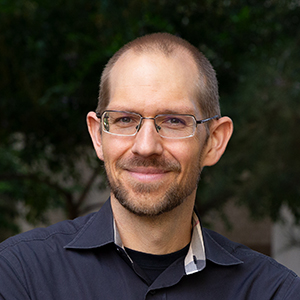
Stephen Schueller
University of California, Irvine
Designing Effective, Scalable, and Safe Digital Mental Health Tools: Considerations for Advances in AI
Advances in artificial intelligence are rapidly reshaping the ways technology can support mental health care and services. While public dialogue often emphasizes generative AI as a potential “virtual therapist,” the most promising applications may lie in leveraging AI’s unique strengths rather than attempting to replicate human therapy. Generative AI and large language models (LLMs) can enhance clinical practice by supporting humans in delivering interventions, providing real-time feedback, monitoring user engagement and affective states, and generating insights about psychological processes that inform care.
This presentation will explore how AI-driven tools can responsibly augment mental health care while maintaining safety, efficacy, and ethical standards. Key considerations for evaluating these technologies will be highlighted, including transparency, equity, scalability, and adherence to clinical principles. Special attention will be given to potential risks, such as bias in algorithmic predictions, misinterpretation of affective signals, and safeguards for crisis situations.
Concrete examples will be drawn from recent clinical and research applications, illustrating how AI can complement human judgment, increase access to evidence-based care, and generate actionable insights for clinicians and researchers. Collectively, this work points toward a future where AI-driven systems are not replacements but scalable partners in delivering high-quality, ethical, and affectively responsive mental health support.
Friday, March 13
1:30-2:30PM
The ties that bond: Interpersonal affect and human relationships
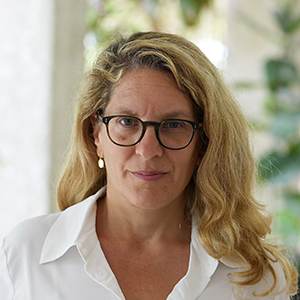
Shir Atzil
Hebrew University of Jerusalem
Social Physiology: The Metabolic Roots of Human Bonding
Energy efficiency is a foundational principle of evolution, shaping both physiology and behavior across species. In living organisms, adaptations that optimize metabolic efficiency are favored. This raises a central paradox: if evolution prizes efficiency, why has sociality, one of the most energetically demanding behaviors, been so strongly selected? What makes social connection so biologically indispensable?
This talk introduces a unifying principle in human physiology: Social Physiology, which posits that the physiology of social animals functions more efficiently together. Across homeostatic systems, including glucose metabolism, thermoregulation, and sympathetic arousal, and across different types of bonds, I will show that physiological processes operate more efficiently in a social context compared to alone, producing measurable social physiological gains.
Social Physiology shifts our understanding of the biological benefits of sociality, suggesting that humans seek companionship not only for protection and reproduction, but also for enhanced physiology. From an evolutionary perspective, by enhancing metabolic efficiency, Social Physiology may have contributed to the emergence and maintenance of sociality.

Tristen Inagaki
San Diego State University
Warm-Pressure Enhances Social Connection
From the embrace of a dear friend to the warm squeeze of a hand, social touch can strengthen social connection. Yet, the sensory factors and neural mechanisms that determine the affective experience of social touch are unknown. Based on animal models of the contribution of thermoregulatory processes to social connection and theories highlighting bodily afferent feedback as drivers of psychological experience, the current talk presents evidence for the influence of two components of social touch on social connection: temperature and pressure. In within-subject experiments, the combination of warm deeper pressure increased feelings of social connection toward close others compared to warmth or pressure alone. Effects were stronger for those higher in interoceptive sensibility. Further, neural activity in regions previously related to social connection, emotion, and sensory processing (i.e., ventral striatum, mid-insula) was higher and showed greater connectivity in response to warm pressure, but only when presented in the context of close others. Warm-pressure, characteristic features of intimate social touch behaviors, therefore, uniquely increase social connection and associated neural activity toward close others. Results suggest a novel sensory-affective pathway underlying social connection with implications for clinical outcomes with comorbid sensory and social connection disruptions.
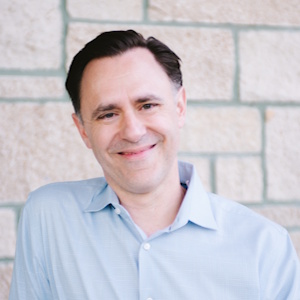
Jeffrey Hall
University of Kansas
What if Social Stress is Necessary for Good Health? Why Relationship Processes are a form of Hormesis
Drawing from the research supporting his new book The Social Biome: How Everyday Communication Connects and Shapes Us (Yale University Press with Andy Merolla), Dr. Hall will examine the counter-intuitive notion that many people need more, not less, social stress in their lives. That it is possible that the only way to get the best stuff from our social lives is through choosing to be stressed by others. It all begins with the concept of hormesis. Hormesis is the concept that moderate doses of stress produce positive biological responses, whereas high doses of stress can be debilitating. Without the stress inherent in being interdependent with other people, our social practices and relationships aren’t sturdy enough to endure the strains of life. In overcoming challenges, relational and otherwise, we build our capacity to cope with future ones. Hormetic social stress is the stress needed to renew our social health. Hormetic stress builds vitality. When our relational challenges are a matter of choice and relationships strengthen our interdependence with others, they’re good stressors. Ultimately, this type of stress ensures that our social needs are met in the long run.
Saturday, March 14
11:15AM-12:15PM
Use your words? The role of language in understanding, developing, and regulating emotions

Erik Nook
Princeton University
Words for wellbeing: how language shapes emotion regulation and psychotherapy outcomes
Managing our emotions is key to wellbeing. In this talk, I’ll present a series of studies demonstrating that the words we use can both reflect and affect how we regulate emotions, and in turn are related to mental health. In laboratory studies, we’ve found that cognitive reappraisal efficacy is related to using more ‘distant’ language, that labeling our emotions is surprisingly associated with less effective reappraisal, and merely speaking reinterpretations out loud (rather than silently thinking them) boosts reappraisal success. We have begun to translate these findings and investigate what linguistic patterns track mental health outcomes in a real-world corpus of psychotherapy transcripts from more than 6,000 participants. In line with experimental data, clients distance their language over time in treatment (referring to themselves and the present moment less), and this shift tracks symptom changes. Ongoing and future analyses in this dataset will also be discussed. In all, my lab is tracing the connections between our words, our feelings, and our mental health, offering new avenues for detecting and intervening on wellbeing using language alone.

Catherine Sandhofer
University of California, Los Angeles
How Children Learn Emotion Concepts: The Role of Emotion Words
Emotions are abstract categories whose instances vary widely across faces, bodies, voices, and contexts. For young children, this variability makes emotion concepts difficult to learn. Drawing on decades of research on language and category learning, I examine how emotion words help children identify the deeper regularities across varied emotional events. Across several studies, my colleagues and I find that explicit, specific emotion labels reliably support children’s ability to organize heterogeneous emotional experiences into more coherent categories. These patterns align with mechanisms proposed in broader category-learning research, in which labels can draw on prior semantic knowledge, guide attention toward features informative for category structure, and help learners consolidate disparate instances into a single labeled concept. Ongoing work examines how both the emotion language children hear and the vocabulary they themselves produce contribute to the developing structure of these concepts. Taken together, this work illustrates how language can serve as a mechanism for building abstract representations of emotion in early childhood.
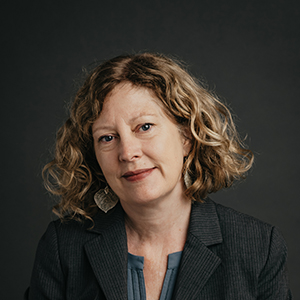
Maria Heim
Amherst College
Language and Emotion: Learning from Ancient and Classical India
I work in the humanities on languages and intellectual systems from ancient and classical India. My paper brings to the discussion several insights I have learned from premodern Indian reflection on emotion and the philosophy of language. First, emotions are not pre-given fixtures of the world but are constituted in an ecological way by contexts, previous experience, the body, and language. Second, emotion words are perhaps best seen to aim at particulars, not universals or essences. Third, emotion terms are both descriptive and constitutive of emotions; since they help create the experiences they describe, learning new words can mean gaining new experiences. Finally, Indian thinkers loved lists of emotions, but were not interested in reductive listings of basic emotions or essences. Rather, they deployed lists analytically to generate nearly infinite varieties and combinations of phenomena to begin to get at the complexity and variation of our affective experience.

